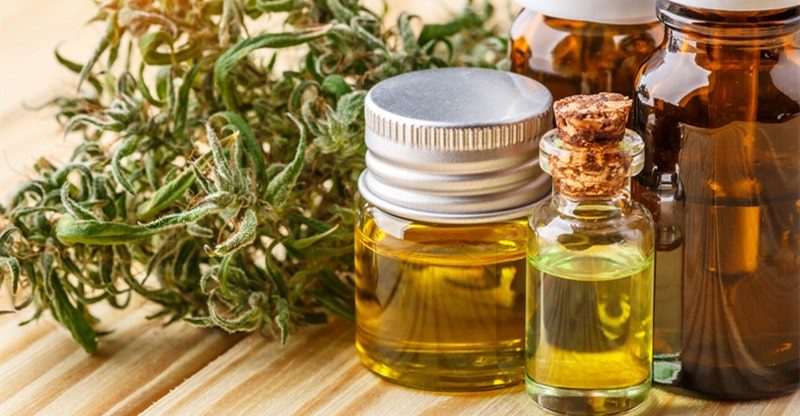A Useful Guide To Understand The Pros And Cons Of Using CBD
CBD is a natural, non-toxic substance that is potentially effective in the treatment of a range of conditions. With so many people turning to it as a natural alternative to pharmaceuticals, CBD oil can provide relief without the unwanted side effects of its chemical counterparts.
This article will explore how CBD works in the body, what some of its potential benefits are, and also touch on a few of the possible side effects that users may experience.
The Availability of CBD
CBD is available in a variety of forms, including oil, tincture, capsules, gummies, and even topical creams. This means that there is a delivery method to suit everyone’s needs, and it can be easily incorporated into your daily routine.
However, the effects depend on the dosage and the dosage depends on the body conditions, such as weight, age, and metabolism. To be able to take the correct dosage of cannabis products, you need to do a little research and take a guide to the qualified and safe distributor. They need to cover every topic – from CBD usage, facts, and legalization.
Anxiety and Depression
One of the most well-known therapeutic benefits of CBD is its ability to help reduce anxiety and depression. CBD works by interacting with the body’s endocannabinoid system, which helps to regulate mood and keep the mind calm. Several studies have shown CBD to be effective in treating anxiety and depression, and it is thought to be a safe and natural alternative to traditional pharmaceuticals.
The treatment of anxiety and depression with CBD has two different mechanisms. The first one is by binding to the serotonin receptors (5-HT1A), which are responsible for regulating mood and social behavior. The second one is by reducing the inflammation in the brain, which is thought to be a contributing factor to both anxiety and depression.
CBD for Pain Relief
CBD is also thought to be effective in treating pain, thanks to its anti-inflammatory and analgesic properties. Several studies have shown CBD to be effective in treating different types of pain, including arthritis pain, neuropathic pain, and even cancer-related pain.
CBD works by interacting with the body’s endocannabinoid system, which helps to regulate pain and inflammation. It is thought to be a safe and natural alternative to traditional pain relief medications, such as opioids.
Possible Side Effects
CBD is generally well-tolerated, but some users may experience mild side effects such as fatigue, diarrhea, or changes in appetite. These side effects are usually temporary and disappear quickly. In rare cases, more serious side effects have been reported, but these are usually associated with the use of CBD products that are of poor quality or have been contaminated.
To avoid any adverse reactions, it is important to only use CBD products that are high-quality and from reputable manufacturers. You should also start with a low dose and increase gradually as needed. If you do experience any side effects, stop using the product and consult your healthcare provider.
Drug Tests
CBD is not likely to show up on a drug test, as it does not contain any THC, the psychoactive component of cannabis. However, there is a small chance that traces of THC could be present in CBD products if they are not properly manufactured. This is why it is important to only use high-quality CBD products from reputable manufacturers.
On the other hand, if you are taking CBD for anxiety or depression, it is unlikely that you will test positive for THC, as these products do not contain high levels of THC.
CBD and Other Medications
As CBD is metabolized by the cytochrome P450 enzymes, it can interact with several other medications. This means that taking CBD may increase or decrease the levels of these medications in your blood. For example, CBD may increase the levels of warfarin, a blood thinner, in the blood.
Additionally, CBD may interact with certain medications used to treat seizures, such as phenobarbital and carbamazepine. If you are taking any of these medications, it is important to consult with your healthcare provider before taking CBD.
CBD is a natural, non-toxic substance that is potentially effective in the treatment of a range of conditions. With so many people turning to it as a natural alternative to pharmaceuticals, CBD oil can provide relief without the unwanted side effects of its chemical counterparts.
This article has explored how CBD works in the body, some of its potential benefits, and a few of the possible side effects that users may experience.



